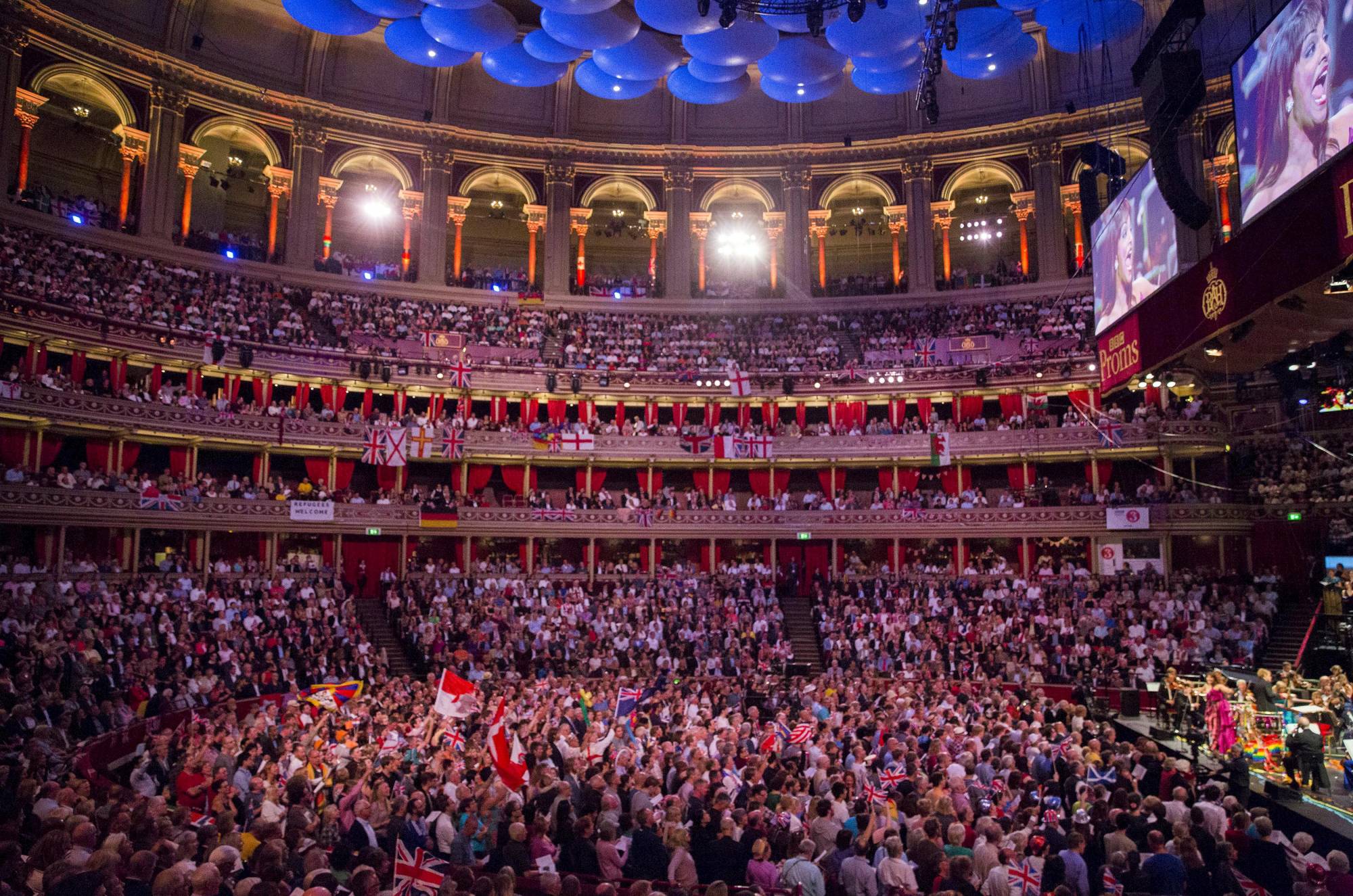This summer, video game music is coming to London’s famed Royal Albert Hall. As part of the BBC Proms — a summer concert series founded in 1895 — music from The Legend of Zelda, Battlefield 2042 and other well-known titles will regale audiences who might be more used to pieces from Brahms and Beethoven.
In an interview with The Guardian, Proms director David Pickard said it wasn’t the right moment to previously include game music until now.
“Now we can be there on the front foot and say that there’s a huge range of music here, appealing to a new audience and of a very high quality that we’re really happy to have at the Proms,” Pickard said.


















With your current subscription plan you can comment on stories. However, before writing your first comment, please create a display name in the Profile section of your subscriber account page.